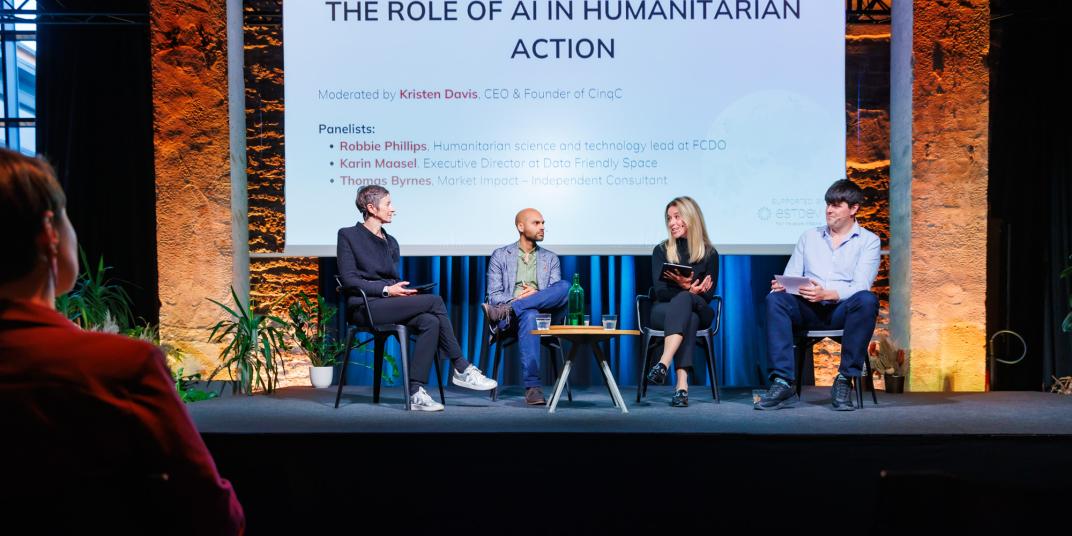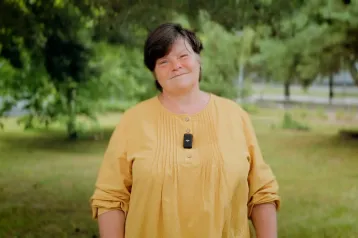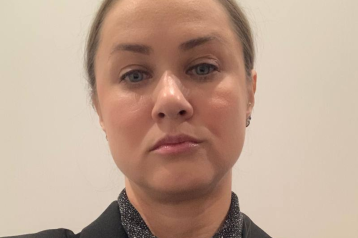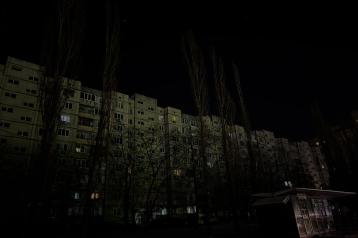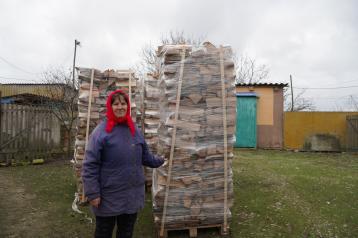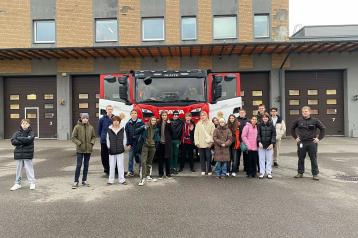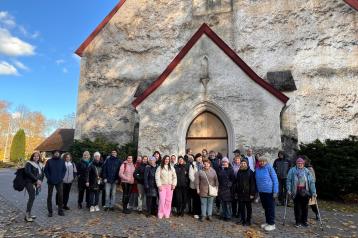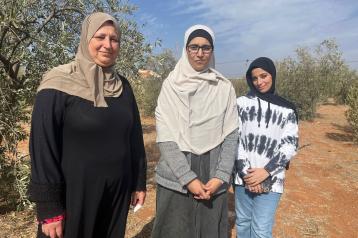Countries
The international humanitarian conference, organised by the Estonian Refugee Council, brought together experts and organisations from around the world in Tallinn yesterday. In its second year, the conference focused on ethical dilemmas, anticipatory action, and the use of artificial intelligence in humanitarian aid.
According to Eero Janson, Director of the Estonian Refugee Council, it is essential in the context of complex and prolonged crises that organisations keep up with rapidly changing risks and needs. "The conference centred on themes that help both humanitarian practitioners and policymakers develop a flexible and effective approach to humanitarian aid," said Janson.
In his address, Janson emphasised that, although Estonia is not the most traditional place for discussions on humanitarian aid, the country has the potential to be at the forefront of innovation in the field: "With a vibrant civil society, a high level of digitalisation, and a creative approach, we can set an example by providing cost-effective and efficient humanitarian aid programmes."
The keynote speech was delivered by Christina Bennett, CEO of the Start Network.
In the first panel, "Between Scylla and Charybdis," Juliet Parker (ALNAP), William Anderson (Sphere), and Miro Modrusan (INTERSOS) discussed ethical and moral dilemmas in humanitarian aid. The panel was moderated by Eero Janson (Estonian Refugee Council).
The second panel, "The Possibility of Foresight in Conflict Settings," examined the possibilities and challenges of proactive action in complex crisis situations. Panellists included Christina Bennett (Start Network) and Catalina Jaime (International Red Cross). The panel was moderated by Sigrid Solnik (Estonian Refugee Council).
The day concluded with a panel on "The Role of AI in Humanitarian Action," with participants Thomas Byrnes (Market Impact), Robbie Phillips (UK Foreign Office), and Karin Maasel (Data Friendly Space). The panel was moderated by Kristen Davis (CinqC).
Photos of the conference can be found here.
More than 100 people attended the conference.
The conference was supported by ESTDEV – the Estonian Centre for International Development Cooperation.
A recording of the conference will soon be available on the Estonian Refugee Council’s channels.
